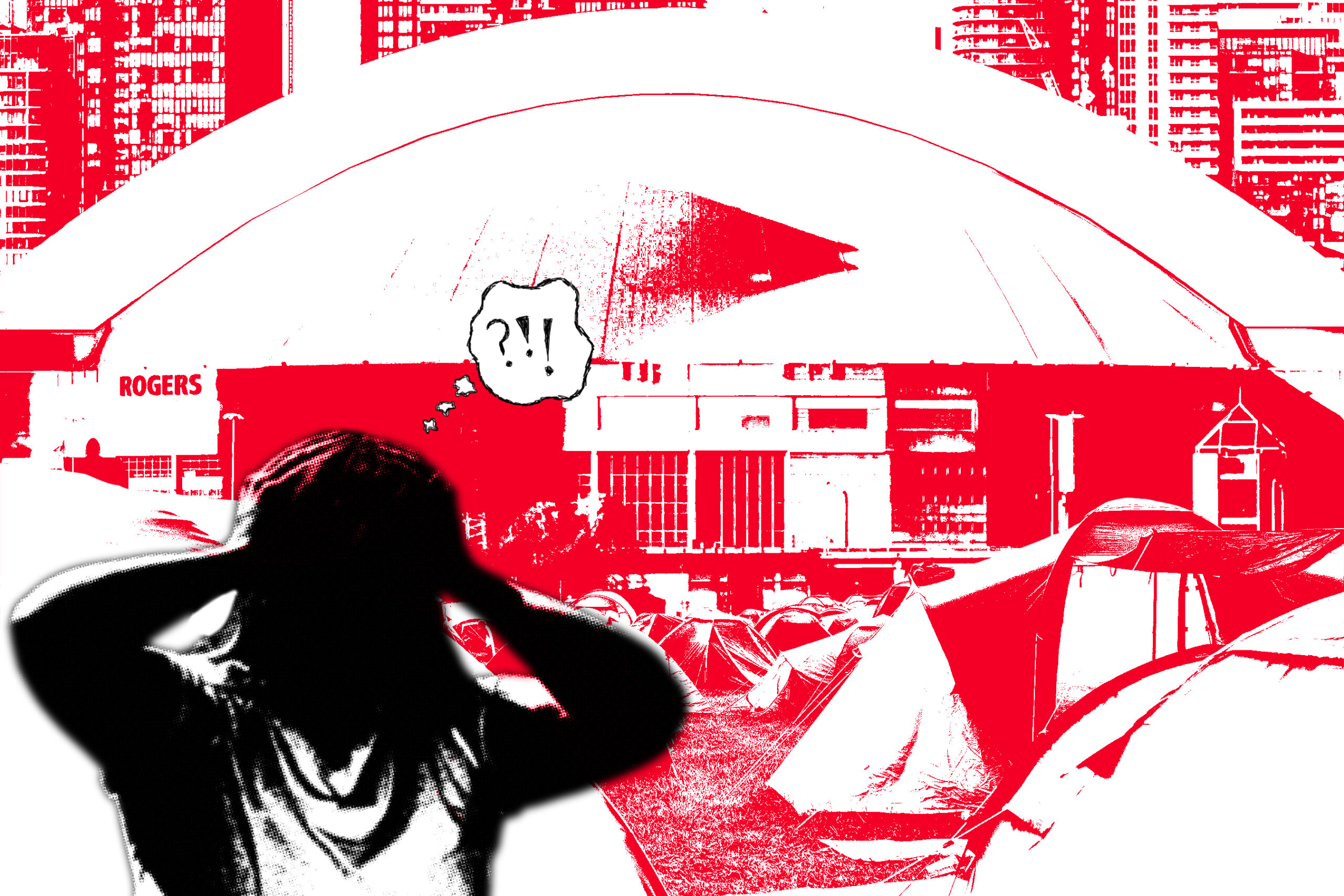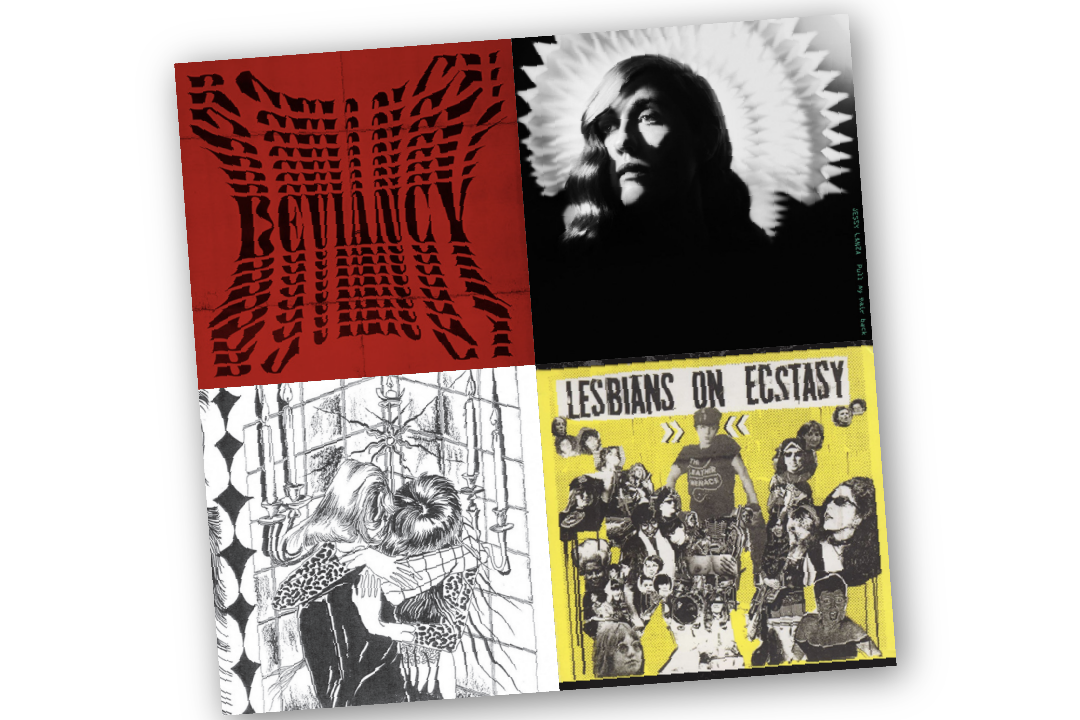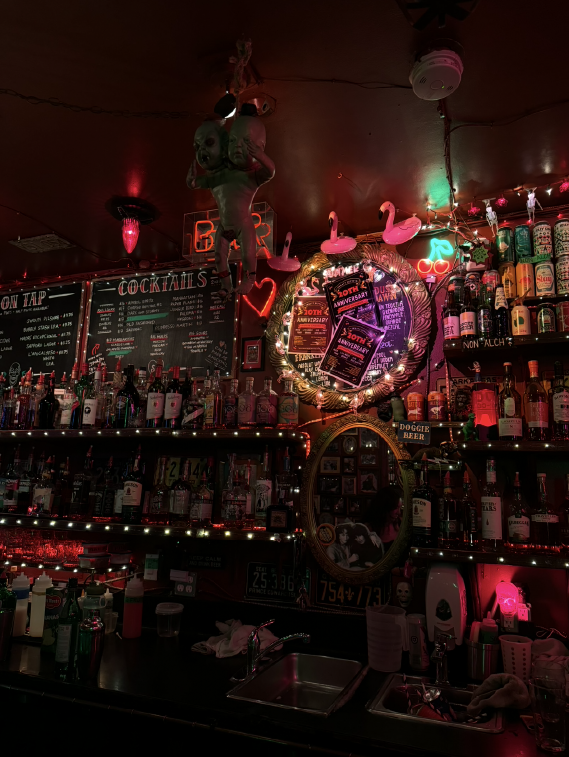How Canadian media has fostered a not-so-safe environment for journalists to speak their minds
By Sidra Al Jammal

When walking down Gould Street near Toronto Metropolitan University (TMU), one will almost always find something interesting occurring. However, if you were to walk past there on the evening of Feb. 1, 2024, one would have seen a more sombre setting. A crowd of journalists and supporters gathered on a brisk night for a vigil, filling the street in mourning for their colleagues in Gaza who have lost their lives due to fulfilling their journalistic responsibilities.
Ginella Massa, a former CBC reporter and journalism instructor at TMU, was one of the few journalists organizing the vigil. “As journalists, we are truth-tellers. When journalists around the world are in danger, the truth is in danger. And, we have a duty to raise our voices on behalf of our colleagues,” said Massa.
An investigation by the Committee to Protect Journalists shows that at least 108 journalists and media workers were amongst the 38,000 Palestinians killed due to Israeli bombardment in Gaza from Oct. 7, 2023 up to June 24, 2024. These numbers put the serious threat towards journalism into perspective, not just in the Middle East, but everywhere else around the world. Speaking about the war on Gaza takes a lot of courage from young journalists here in Canada, many of whom face difficulties and constraints on their reporting and even threats to their job security.
Zahraa Al-Akhrass, a former video journalist at Global News says she was fired from the media outlet for sharing posts about the war on Gaza on her social media pages. In an Instagram Reel shared on Dec. 13, 2023, she stated, “I was mainly sharing criticism of Western media coverage and of governments response to and scenes of what is happening on the ground.”
“My direct manager reached out asking me to stop posting because they [had] received a complaint and recommended I delete everything that I have been posting,” she said.
Al-Akhrass said she was given a final notice to remove her posts as they were in violation of company policy according to her superior.
“I asked them to present me with a clear argument as to why these posts are seen as a violation of policy,” she said. “I was not provided with any links, I was only told that my overall posts give the perception of bias according to some people [leading to] my employment being terminated.”
As a Palestinian-Canadian journalist, Al-Akhrass understood that such a defiance could put her career in jeopardy. However, she explained she “risked it because people are literally dying before our eyes.”Al-Akhrass believes her posts were seen as unfair and unbalanced due to “selective, biased and racist standards” present at Global News and deeply rooted in Western media.
Ali Amad, a Palestinian-Canadian journalist based in Toronto gave his perspective on Canadian coverage of not only what’s happening in Gaza now, but also on the coverage surrounding Palestinian news in general.
Amad expressed that Canadian newsrooms have come a long way since he began his work in Canadian journalism in the late 2000s.
“The mainstream news would definitely be more biased towards the Israeli perspective, highlighting the deaths of Israelis in the events that are happening there, and not going into the context of the Palestinian side of things,” he said. “There were exceptions, but this is generally the case.”
Amad also spoke on growing inclusivity now within current newsrooms.
“The atmosphere is actually very welcoming to people who come from minorities, racialized backgrounds [and] different perspectives, than the ones that have existed in Canada in the past,” he said. “It’s actually what a lot of newsrooms and publications are looking for these days and what they’re trying to highlight.”
Despite these improvements over the last few decades, there is still more work ahead for Canadian newsrooms.
As Gaza has been the subject of controversy within newsrooms, Amad shared how he dealt with what he called “self-censorship.” He said, ““I avoid pitching subjects about Palestine and Israel personally because I know that my perspective on the situation is not what is aligned with the more mainstream perspective.”
While professionals within the field of journalism express worry about the current state of media coverage, it’s also important to take into consideration the prospects and opinions of young journalists and journalism students entering the field.
Journalism criticism has been an integral part of journalism education. The School of Journalism at TMU offers a magazine workshop class called The Review of Journalism where students work on the magazine’s masthead together to produce stories critiquing media and news as part of annual print issue.
Saman Dara, a master of journalism candidate at TMU, is part of this year’s masthead, publishing articles on the magazine’s website that analyze media coverage of the war on Gaza. Dara spoke on the potential effects that this criticism of current coverage from mainstream media would have on her career.
“I’ve perhaps shut down future opportunities in legacy media or traditional journalism,” said Dara. “I’ve tried to do everything to make myself a good candidate for jobs. But at one point I realized: do I care more about my values or do I care about a good job?”
Students across the U.S. have formed encampments on university campuses in defiance of their administration’s stances on the war on Gaza, along with failure to disclose potential investments that are funding the war. This wave is making its way to Canadian campuses including the University of Toronto and McGill University. Recently, an encampment at York University was cleared by Toronto police following the university’s authorization to do so. This begs the question: what are students[a][b] soon entering the workforce to make of this?
Aia Jaber, a University of Toronto graduate and former editor of the University of Toronto Mississauga’s student newspaper The Medium, shared her experience with being vocal about the plight of Palestinians as an incoming master of journalism candidate at TMU.
“If God gave me the ability to write then why am I not utilizing it — even though there’s always the risk, [I might] get blacklisted and never get a job, worst case,” said Jaber. “The fear in itself isn’t fear of being fired or not getting a job. It’s being one of the many that aren’t able to use their voice to amplify what actually needs to be said.” Many students across the globe feel compelled to raise their voices in solidarity with the people of Palestine, where all universities are now in rubble.
Jaber said that the students’ and journalists’ hesitancy to speak up about Gaza is understandable. However, she raised concerns over the side effects of this on a larger scale. “My only issue is when [the silence] starts to consume the entire publication, which results in nothing being reported, or just it being skewed,” she said.
She shared what she hopes to use her journalism education for.
“I want to be truthful,” said Jaber. “Journalism can be really corrupt and that’s just the truth. I never want to be one of those people that uphold the idea of what corruption is.”





